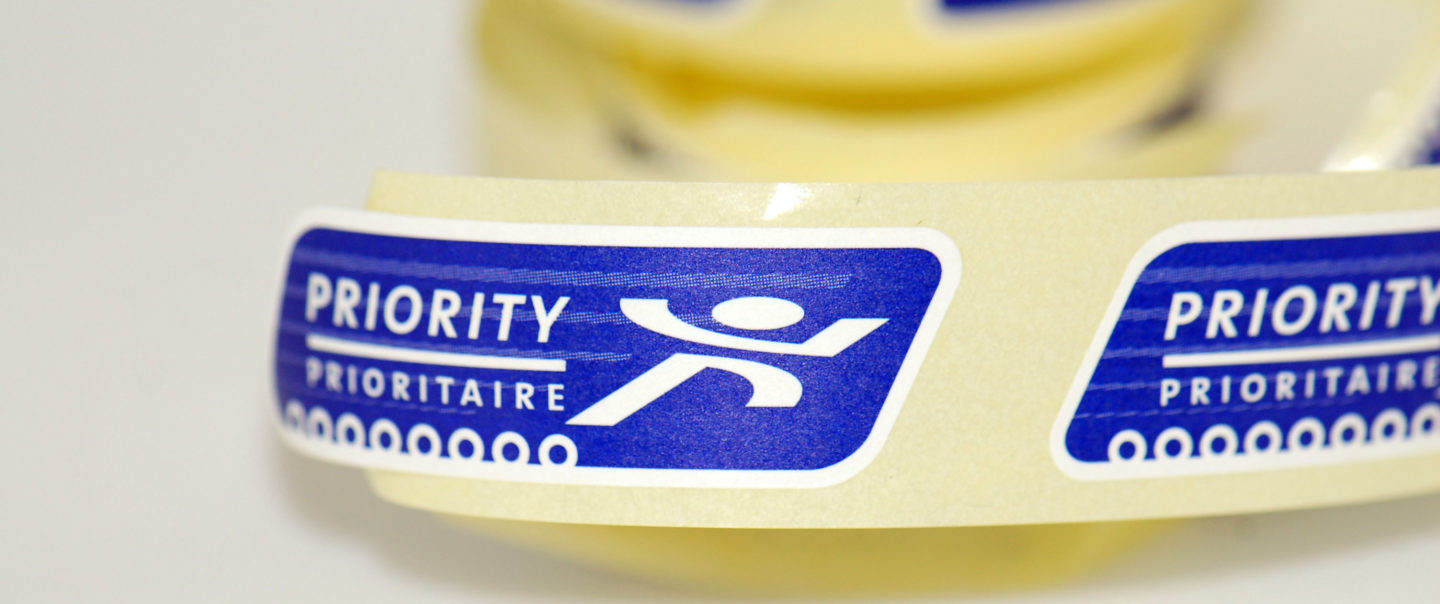Why NOW is the best time to arrange a lease audit
Anytime is a good time to do so, but there’s no time like the present. Spring is when, as a commercial tenant, you’re likely to receive your annual year-end operating cost reconciliation from your landlord.
And you’ll find it comes with review deadlines. Your 2016 year end reconciliation will be coming out shortly. Adherence to the review deadlines is critical – miss them and you may also miss your opportunity to recover overcharges.
At a minimum, 360 recommends its clients perform a ‘basic’ lease audit, or ‘desktop audit’ every year and address key questions: Is the year-end package complete within the requirements of the lease? Is the year-end adjustment invoice mathematically accurate? Are the rental installment payments accurate? Are the expenses evident in the statement of expenses allowable charges under your lease?
While a basic audit is important and can uncover many overcharges and inconsistencies, performing a more in-depth lease audit every three years will ensure consistent compliance with the lease over the entire term.
This level of lease audit often involves requesting additional information from the landlord that is not presented on the statement of expenses for review and analysis. Where allowable under your lease, it might also include a full blown audit of the landlord’s books and records for the building/complex in which you are a tenant. The types of issues being verified at this level vary greatly depending on the strength of the operating expense clauses and the amount of detail provided by the landlord in its statement of expenses.
Issues of methodology, allocation, and allowable expenses require a deeper dive audit. When our audit uncovers these types of errors, we recommend a review of the subsequent year to ensure that the methodology correction is carried forward and you recover the future year savings you’re entitled to.
Whether your lease audit is basic or more in-depth, it’s no-risk, no cost (360 is paid with a percentage of the savings we recover) and will likely deliver significant savings to your bottom line.

